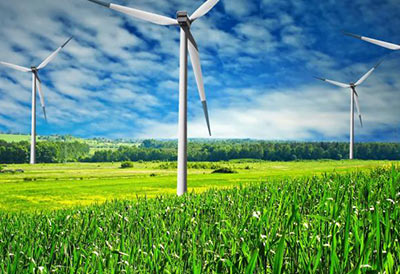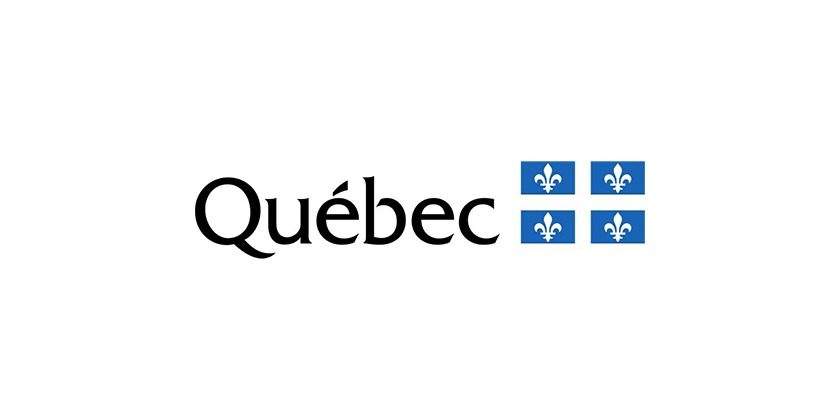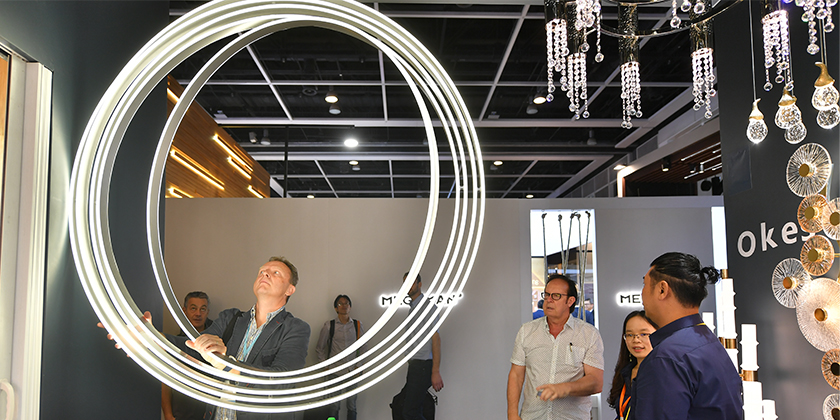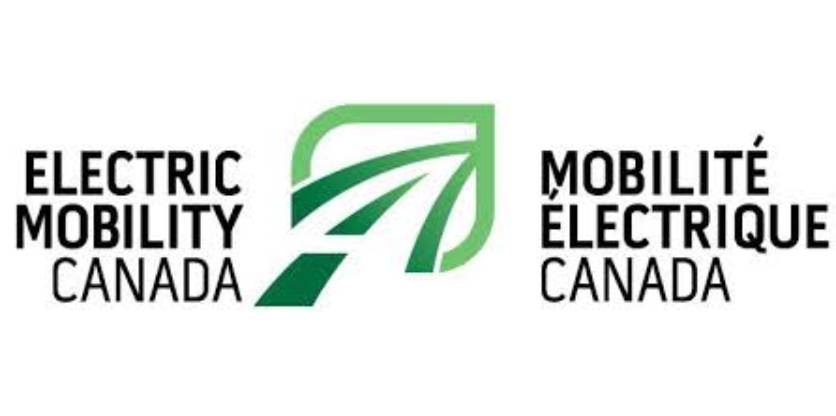Est-ce que le Canada est un pays écologiquement amical?

Vous demandez vous parfois quels sont les comportements durables adoptés par les Canadiens. On assume que nous sommes plus écologiquement responsable ou amical que nos voisins du sud, mais est-ce vraiment le cas?
Voici un coup d’œil sur nos pratiques.
Transports Publics : L’utilisation des transports en commun a augmenté dans toutes les grandes villes canadiennes et depuis 2006, les titres de transport sont déductibles d’impôt.
Recyclage des déchets organiques : Au cours des dernières années, la plupart des villes canadiennes ont mis en place la collecte de compost. Toronto et Halifax sont les premières villes à avoir adopté ces pratiques.
• Énergies renouvelables : 95% de l’énergie du Manitoba est hydroélectrique et éolienne
• La Nouvelle-Écosse a commencé à utiliser les stations marémotrices
• Le Québec a développé plus de 500 éoliennes
• L’énergie de l’Île-du-Prince-Édouard provient du vent à 95 %
Mais certaines provinces ou territoires sont en retard.
Lire l’article …
Have you ever wondered how Canadians are doing in the sustainability department? We always assume that we’re doing much better than our neighbours down south, but is that the case? Here’s a quick glance at our progress.
Public transit
According to Statistics Canada, transit ridership in major Canadian cities is rising. As of 2006, Canadians can submit their transit pass receipts as a tax credit, enticing more drivers to leave the car at home. Though transit ridership has increased, many transit systems remain underfunded and lack the resources needed to continue developing and offering more services to get people out of their cars and onto subways, trains and busses.
Organic waste recycling
Over the past few years, most Canadian cities have implemented curbside pickup of organic waste. Now, eggshells, vegetable peels, stale bread and other waste is being recycled for use in landscaping and agriculture rather than being sent to landfills. Though most major Canadian cities have started implementing this program since pioneers Toronto and Halifax got into it, many people still need clarification as to what goes in their green bins and enticement to actually use them regularly. Steps can be taken to better educate the public about what needs to go in green bins and why they should use them.
Energy consumption
In recent years Canadians have become more conscious of household energy consumption by turning off lights, plugging out gadgets and keeping an eye on the thermostat. The summer 2003 blackout seemed to be a wake up call. As of 2007, the Ontario government has provided financial incentives to homeowners for making their homes more energy efficient. Currently Canada ranks 6th in the world in terms of energy consumption; though not bad, it certainly leaves room for improvement.
Green energy
Many provinces have taken active steps towards developing clean, renewable energy sources:
• 95% of Manitoba’s energy comes from hydroelectricity and wind
• Nova Scotia has started utilizing tidal wave power generating stations
Wind electricity is also being utilized elsewhere in the country
• Quebec has developed close to 500 wind turbines
• Prince Edward Island’s energy is 95% wind.
But some provinces are still behind. The Northwest Territories, for example, relies heavily on petroleum with 80% of their energy coming from it. Many developed countries have made drastic advances in energy-efficient technologies while Canadian continues to stray behind in developing more renewable energy sources.
Reduce, reuse, recycle
Canadians have become pretty efficient at recycling unwanted items. Resources like Kijiji, Craigslist, Freecycle and a ton of mom-to-mom groups popping up have allowed Canadians to find new homes for their old treasures rather than sending them to the dump. While giving away, recycling and reusing things are great, watching individual consumption habits is even better; reduce your purchases and bring the old reusable bag to the grocery store instead.
Source: BlueWay, an eco-oriented community of interest designed to make the sustainable generation and use of electricity and eco-friendly product choices second nature for individuals, businesses, industry and utilities across Canada. Through BlueWay, Sonepar Canada and family companies and vendors share stories, spark discussions and provide expert advice and solutions that make eco-friendly electrical product choices a reality.












